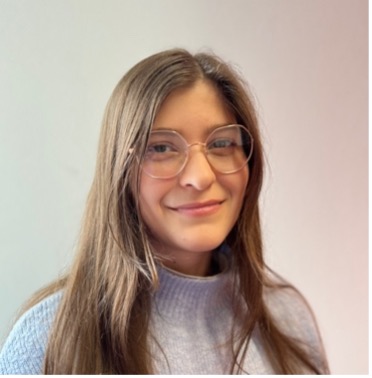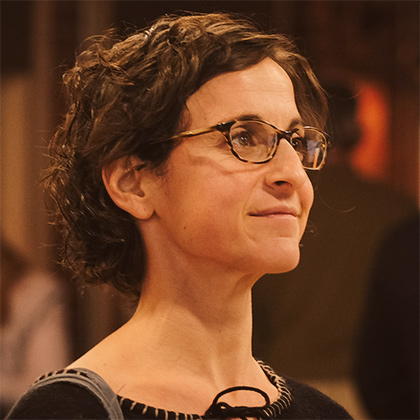
Natalie is a recent graduate from both the Vermont Law School with a JD specializing in food and agriculture; and the CY Paris Cergy University in France, with an LLM and Master’s in Business, Tax, and Compliance Law. Upon graduation, she completed her legal thesis on the importance of financial aid to small farms in order to promote worker’s rights and fair competition in the agriculture market as opposed to government subsidies for large corporate farms.
She is passionate about animal welfare, worker’s rights, transparency of the food in our markets, and educating others to learn about our food systems. Over the past year, she has lived and studied in France, learning how the European Union deals with anti-competition in the law and markets and she is thrilled to be applying this new knowledge to her work and to the systems and markets in the United States.
Natalie first became exposed to whistleblowing while working for FIC during law school and continued the interest while studying similar topics in France. She now believes whistleblowing to be one of the most important ways to promote change in our society and feels inspired to help those wanting to speak their truth.

Research Fellow
Anna Levy is a freelance researcher and analyst focused on structural inequality, political and technological transitions, and accountability politics. She originally came to Government Accountability Project as the 2018 Getulio P. Carvalho Fellow focused on defining dissent, and responses to it, in the international development and humanitarian aid industry. Her work over the last ten years has been focused on environmental and social movements, the political economy of poverty and development, the production of statelessness, border and migration crises, and overcoming historical legacies of structural inequality. She has also focused on shifting models of collective and civic action, political violence, journalism, urban service delivery, and anti-corruption efforts in the digital age. Anna teaches two courses on development and humanitarian politics at Fordham University, and has worked on related research and analysis at Princeton, American, and New York Universities as well as in management and advisory roles in small grassroots coalitions and large transnational non-profits alike. The regions that most influence her thinking, work, and direction are the Levantine Middle East, Central America, and North America. She holds a Master’s degree from Columbia University’s School of International and Public Affairs focused on political and economic transitions, oral history, and historical memory.